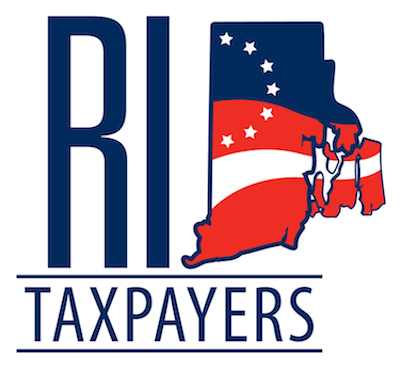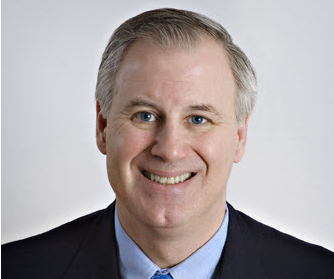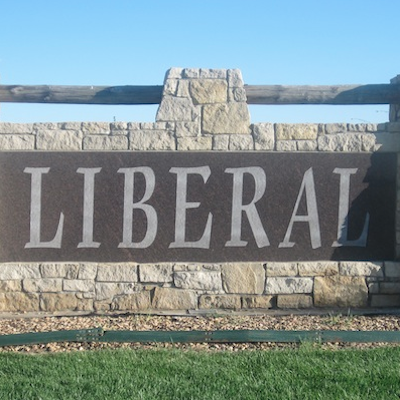RI ACLU, RIPAC Blast Department of Health’s Regulations on Medical Marijuana
Thursday, December 22, 2016
The ACLU of Rhode Island, as well as the Rhode Island Patient Advocacy Coalition (RIPAC), blasted the Rhode Island Department of Health's (DOH) new regulations governing the medical marijuana program that the groups say will harm patients’ access to the program.
“It is both ironic and deeply disturbing that, even as the legalization of the recreational use of marijuana in Rhode Island seems ever more likely, the state is putting completely unnecessary and burdensome obstacles in the way of those who need to use the drug for medicinal purposes. In a few years, it will probably be easier for a healthy millennial to legally purchase marijuana than for a sick patient to do so. That is nothing short of cruel,” said ACLU of RI Executive Director Steven Brown.
At a public hearing held last month, the two groups and individual participants in the program urged several revisions to the Department’s proposed regulations to avoid this scenario. However, the DOH made no changes before filing the rules for adoption on Friday.
GET THE LATEST BREAKING NEWS HERE -- SIGN UP FOR GOLOCAL FREE DAILY EBLAST“RI residents suffering from serious debilitating medical conditions who have been successfully participating in the program will suddenly find themselves with new costs and requirements that may make their continued participation in the program less likely. The medical marijuana program is getting too expensive and burdensome for sick and disabled patients, some of whom are now considering giving up their legal status and relying on the illegal market,” said JoAnne Leppanen, Executive Director of RIPAC.
ACLU and RIPAC's Concerns Ignored
The ACLU said that the concerns that were ignored were as follows:
* Patients will be forced to pay for more doctor visits, as they will have to see their physician at least twice a year for an “assessment” in order to have their medical marijuana card renewed. The requirement applies to all patients, including those with incurable medical conditions who have been successfully medicating with cannabis since the program took effect ten years ago. The ACLU and RIPAC had argued that this new requirement was not only unnecessary for many patients, but that it puts a significant financial burden on them, and would be particularly onerous for poor patients and those with mobility issues. The licensing fee was also doubled for low-income patients, and the rules fail to incorporate a change in the law this year requiring fee waivers for hospice patients and their caregivers.
* Physicians will now be required to turn over to the DOH all “relevant” medical records that document the patient's medical condition authorizing their participation in the program. This would apply to all patients, including those who have been participating in the program for years. But the rules fail to define what constitute “relevant” medical records, don’t explain how the confidentiality of those records would be protected, and provide no guidance on how a DOH determination contrary to the physician’s could be appealed. The ACLU argued that these were important issues “that need to be answered before the Department begins receiving sensitive medical records of participating patients.”
* If a patient needs someone to pick their medicine up for them at a compassion center, they can appoint an “authorized purchaser” to do so, but that person must pay $135 in registration and background check fees to qualify.
* The rules fail to address a major problem that the ACLU and RIPAC have encountered of employers denying jobs to medical marijuana patients who test positive for marijuana on drug tests, notwithstanding statutory language barring employment discrimination against medical marijuana cardholders.
* The rules now require caregivers to live in Rhode Island. RIPAC director Leppanen said, “we have Rhode Island caregivers who moved to Massachusetts but kept their commitment to their patients because their patients need them. The new regulations will end those relationships.” In its testimony, the ACLU said that “Rhode Island is simply too small a state to impose such a restriction, as it needlessly limits the pool and availability of caregivers to patients who require one, particularly those who live near the Massachusetts and Connecticut borders.”
“My father’s vision in legalizing medical marijuana was to provide compassion and safe access for patients suffering from debilitating medical conditions. Instead, the conversations about the program increasingly center around finances. Unfortunately, these regulations make it more difficult and send the patients that the Program was designed to protect to the unsafe illegal market and/or return them to less effective medicines, medicines with terrible side effects, and/or opiates that they may be addicted to,” said Rep. Scott Slater.
Click here for the ACLU of RI and RIPAC’s written testimony to the Department of Health.
See Who Supports Marijuana Legalization in the Slideshow Below
Related Slideshow: Who Supports, Opposes Marijuana Legalization in RI in 2016
Related Articles
- Moore: Time To Legalize Marijuana
- Who Supports Legalizing Marijuana - and Who Doesn’t - in RI
- PHOTOS: Medical Marijuana Tax Protesters at Rhode Island State House
- Rep. Slater Introduces Legislation Doubling Medical Marijuana Compassion Centers
- Casino Proposal and Marijuana Legislation: This Week at The State House
- Medical Marijuana & Sick Time Legislation: This Week at the State House
- Will Marijuana Legalization in RI be the Next Great Debate?
- Opponents to Raimondo’s Proposed Medical Marijuana Tax Increase Pressure
- EXCLUSIVE: Raimondo Named Convicted Drug Dealer, Marijuana Consultant to State Parenting Board
- Report Claims Legalized Marijuana is Proving to Have Negative Consequences
- Guest MINDSETTER™ DeNuccio: RI Should Reject Marijuana Legalization
- Marijuana Advocates Critical of Raimondo’s Proposed Non-Binding Referendum
- 11 Massachusetts Physician Groups Oppose Recreational Marijuana
- Bob Whitcomb’s Digital Diary: Legalizing Marijuana, Green Power, and Howard Johnson
- Massachusetts Votes to Legalize Marijuana
- Rep. Corvese to File Bill Making Identities of Medical Marijuana Providers Public Info
- Guest MINDSETTERS™ Sen. Miller & Rep. Slater: RI Should Regulate Marijuana
- Petition to Reclassify Marijuana Denied by US DEA
- Group of Health Organizations Urge Dem National Committee to Reject Marijuana Legalization
- RI’s Still Dissatisfied About Direction, Supports Charter Schools, Tourism and Legalized Marijuana
- Fatal Crashes Involving Recent Marijuana Users Double in Washington
- Providence Man Pleads Guilty to Operating Marijuana Grow Facilities
- Providence Man Arrested After Police Find Rifle, Marijuana in Home
- 1-on-1 With Mattiello on 2017: Car Tax, Marijuana, 38 Studios, and More










